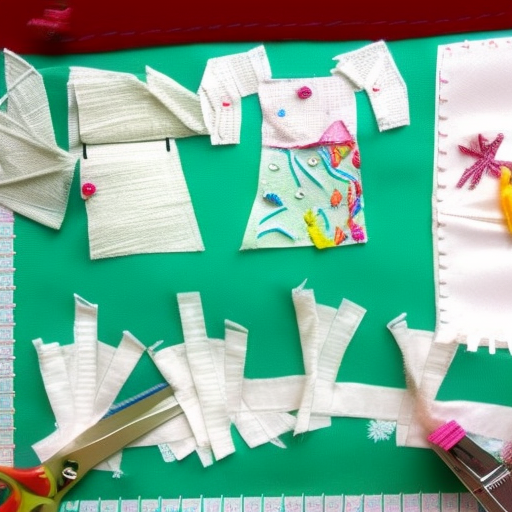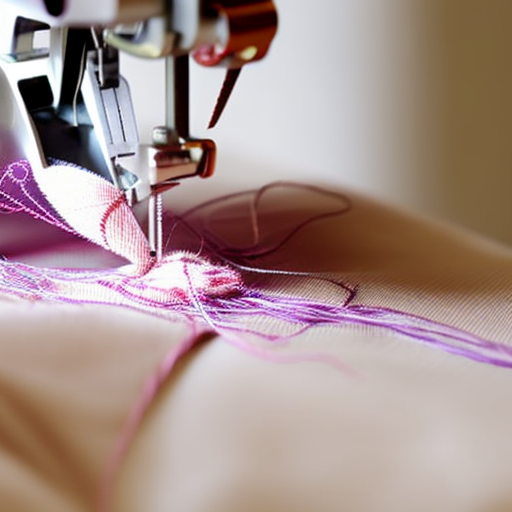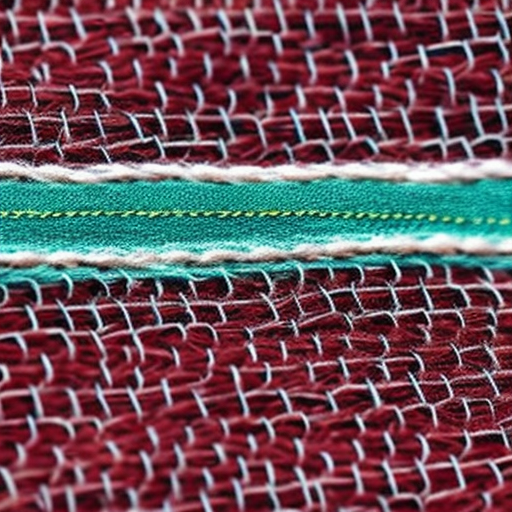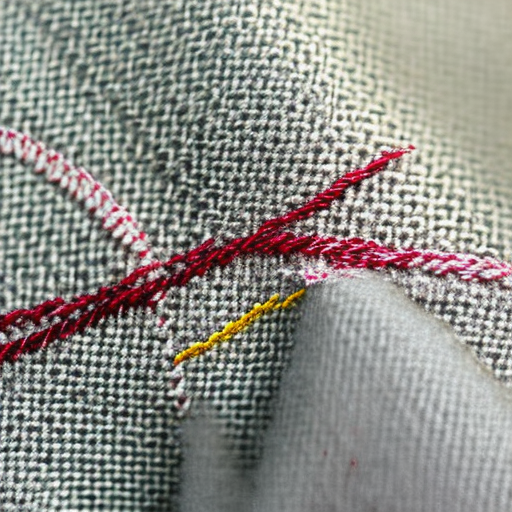Sewing Techniques for Kids in Key Stage 2
Sewing is a valuable skill that can be both fun and practical for kids in Key Stage 2. Learning basic sewing techniques not only enhances their creativity but also develops their fine motor skills, hand-eye coordination, and concentration. Whether it’s for school projects, DIY crafts, or just a new hobby, here are some essential sewing techniques that Ks2 students can learn.
The Running Stitch
The running stitch is the most basic stitch in sewing. It is done by taking the needle in and out of the fabric in a continuous line. This stitch is used to temporarily hold fabric together or for decorative purposes. Kids can practice this stitch by sewing simple patterns onto fabric scraps or sewing cards.

The Backstitch
The backstitch is stronger than the running stitch and is commonly used for sewing seams and attaching appliques. To create a backstitch, start with a small forward stitch, then bring the needle back to the end of the previous stitch. Repeat this process to create a continuous line of stitching. Encourage kids to practice this stitch on fabric swatches until they feel comfortable with its technique.
The Blanket Stitch
The blanket stitch is often used to finish raw fabric edges or as an embellishment. Thread the needle from the backside of the fabric, then loop the needle through the fabric edge, creating a small horizontal stitch. Kids can practice this stitch on felt or fabric scraps to create decorative borders or pouches.

Safety Tips
While sewing can be enjoyable, it is essential to prioritize safety. Here are some safety tips to teach kids:
- Always use a thimble to protect your fingers.
- Keep needles and pins in a pincushion or a safe container.
- Be cautious while using sewing machines and supervise children closely.
- Always cut fabric with adult supervision, following proper guidelines.
Conclusion
Sewing techniques for Ks2 students provide an excellent opportunity to enhance their creativity and practical skills. By learning these basic stitches, kids can embark on various sewing projects and develop a lifelong hobby. Remember to foster safe sewing practices and encourage children to explore their imagination through the art of sewing.




